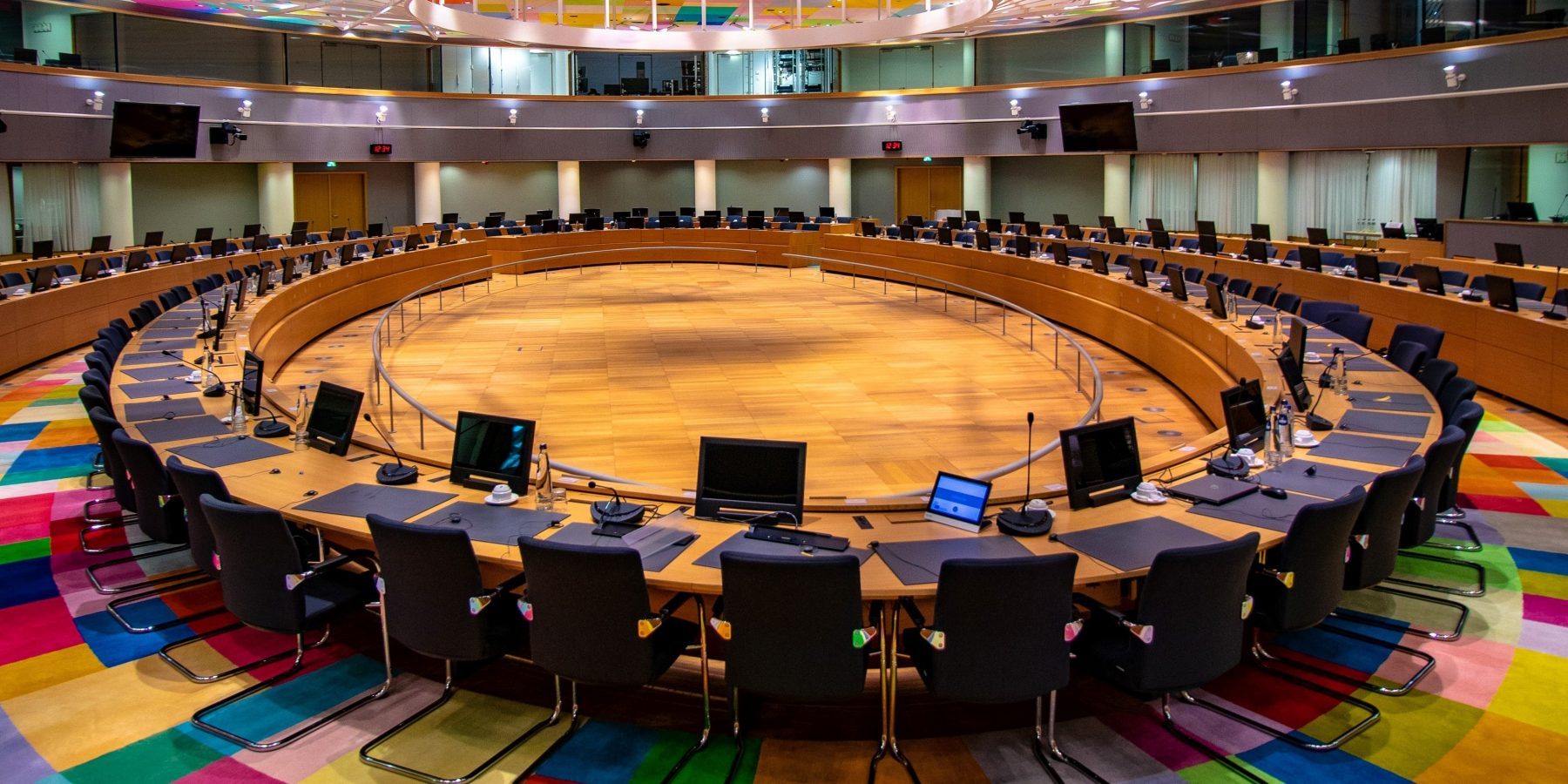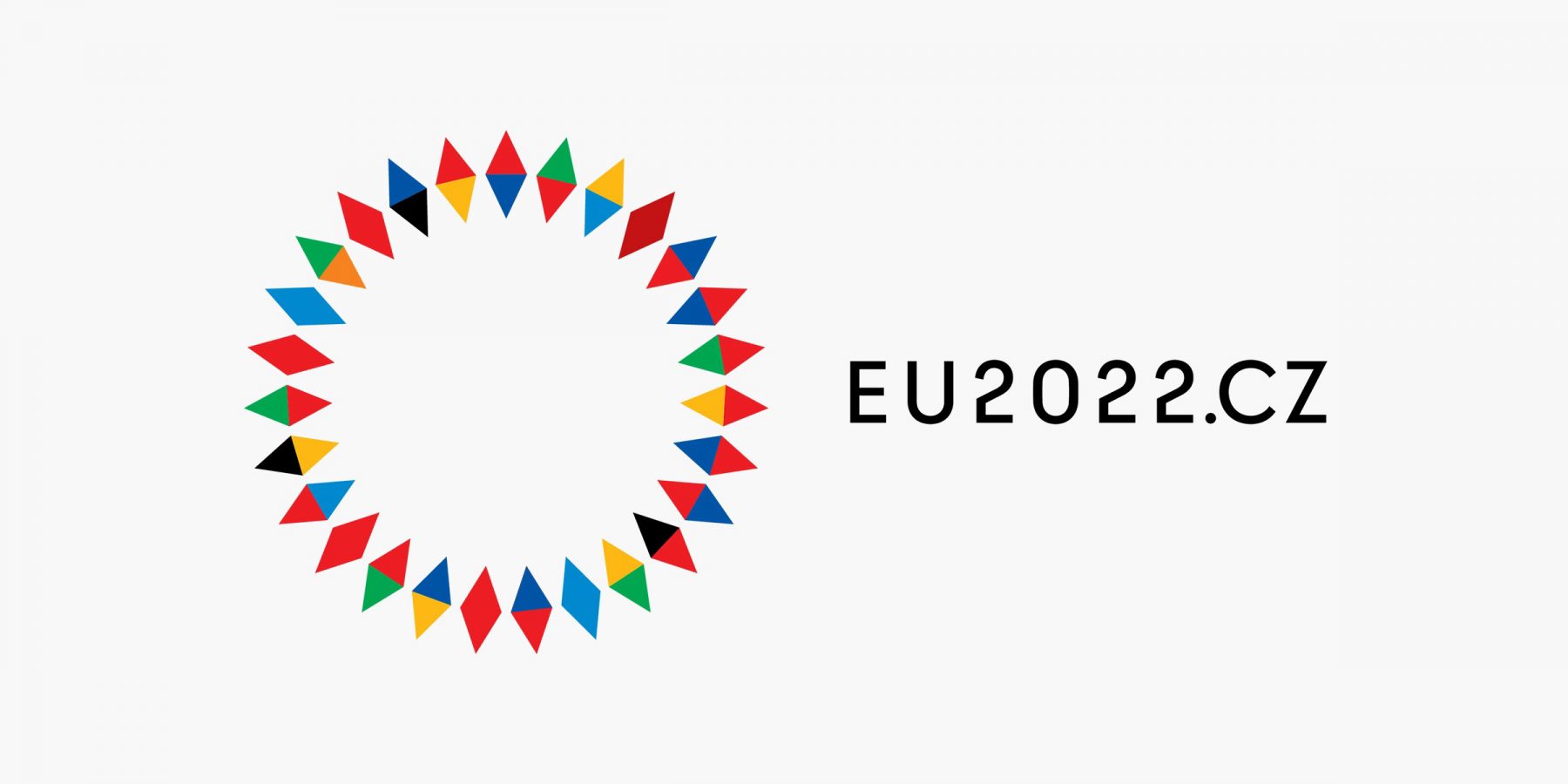
What can we expect from the Czech presidency?
We preview the priority files for the next six months.

With the Czech Republic taking Presidency of the Council of the European Union from July 1st to December 31st, a number of key files will transfer over from the French term, with new priorities also expected. The Czech presidency will focus on five main areas: Russia’s war in Ukraine and its ramifications, energy security, strengthening defense and cybersecurity, resilience of the European economy and democratic values.
A number of the files being dealt with under this presidency will directly impact workers, with the foremost covering platform workers, gender equality and artificial intelligence.
The platform workers directive was a welcome step to alleviate the strain placed on employees due to poor workplace organisation and misclassification of workers status. This criteria for presumption of employment must not become burdensome for workers, with the current proposal from the Parliament’s rapporteur, Elisabetta Gualmini, a holistic and appropriate approach to the protection of workers. Overall the move to legislate against exploitation of workers, provide assurances in algorithmic transparency, and improve enforcement through clarifying existing obligations to declare work to national authorities are welcomed steps from the European Commission, with the Czech presidency now provided an opportunity to deliver necessary reforms for platform workers.
Economic empowerment of women and the prevention and elimination of gender-based violence have been hallmarked as priority areas in the upcoming six months, with the pay transparency directive, care strategy and negotiations on the directive on combating violence against women and domestic violence and the EU accession to the Istanbul Convention all up for discussion. Despite the positivity surrounding the adoption of the Women on Boards directive, gender inequality is still rife throughout the EU. The gender pay gap only being reduced by only 1% over the last eight years. At this rate, women in the EU will achieve equal pay in the next century, by the year 2104. The gender pay gap currently sits at 14.1% (women in the EU earn on average almost 15% less per hour than men), while the pension pay gap sits at 29%. Throughout a number of areas, the Czech presidency must address the disparity between genders.
After more than a year of negotiations, the Artificial Intelligence Act still remains one of the most lobbied files in Europe, with multinationals and platform companies spending significant time and money to alter the Parliament’s text. The Czech presidency will struggle to unite stakeholders around one text by the end of their term, with a host of vested interests in all aspects of the documents. Enforceable regulation must be at the top of the European digital agenda to ensure legitimate, fair, transparent, safe artificial intelligence to be implemented at the workplace, with workers free to access independent information about the use of AI in the workplace. Governments and companies using/developing AI systems must be obliged to guarantee that systems are ethical, fair, transparent and safe. A full ban on facial recognition, as requested by the European Parliament, will be a particular sticking point in negotiations.
While the Czech presidency deals with these issues, other critical files in the area of climate, such as the Fit for 55 package, Renewable Energy Directive and Fark to Fork, are certain to occupy significant period of their term – both in resources and negotiating time. In terms of social protection, the presidency will look to improve access to affordable and high-quality long-term care throughout the EU by implementing the measures pointed out in the European Commission’s 2021 long term care report.
With such a packed agenda, Eurocadres will continue to liaise with our Czech colleagues to guarantee securities and improvements for European workers.
